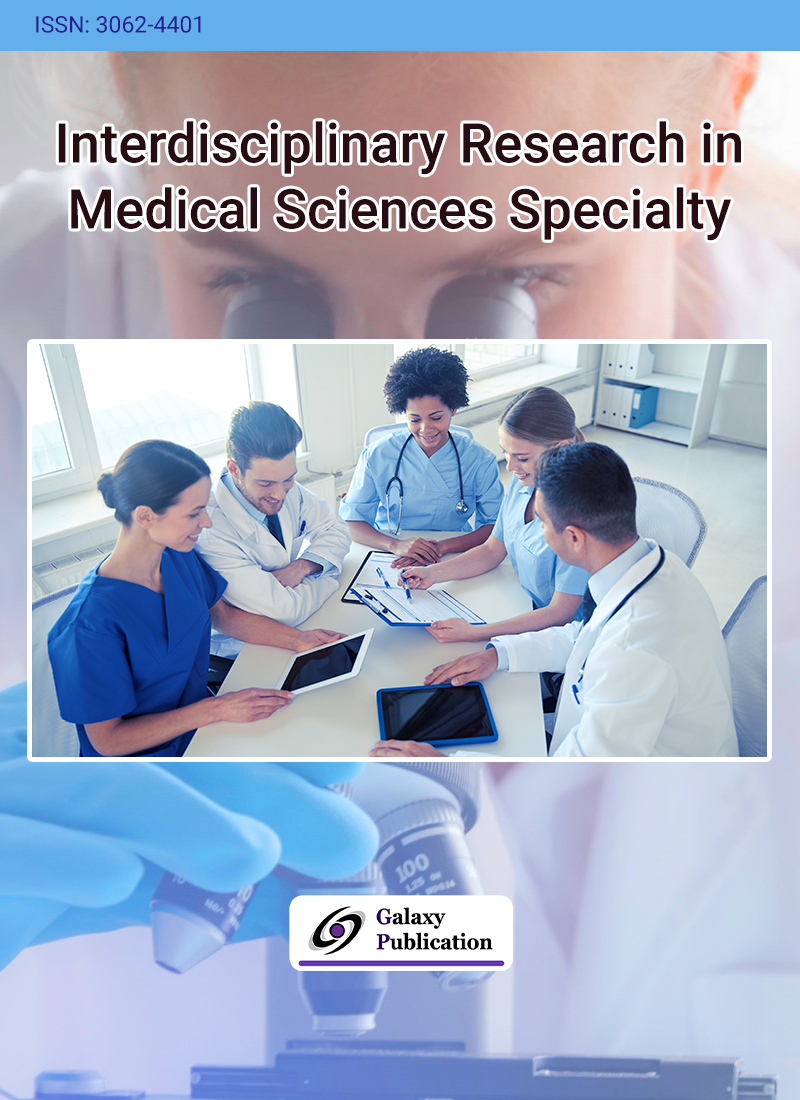
Inhibition of CCR5 (R5) has gained significant attention as a potential strategy for preventing, treating, and even curing diseases. R5, a transmembrane protein, plays a crucial role in HIV infection by interacting with the CD4 receptor and CXCR4 (X4) on T cells, facilitating HIV binding to lymphocytes. Given the success of drugs such as maraviroc, which target R5, researchers have hypothesized that monoclonal antibodies (mAbs) targeting R5 could provide an effective treatment for HIV. However, there is a knowledge gap regarding the structural interactions between monoclonal antibodies and R5. To address this, our study used a predictive model involving a sample of n = 160, using non-linear regression analysis to examine the impact of different inhibitor types (control, competitive inhibitor (CI), non-competitive inhibitor (NI), and uncompetitive inhibitor (UI)) on the R5-gp120 interaction, based on Michaelis-Menten enzyme kinetics. Our results, with a significant P-value < 0.05, indicate that non-competitive anti-R5 mAbs are the most effective inhibitors, as the NI variant reduced the R5E Vmax to 20 μM/min while reducing the gp120S Km to 5 nM. This suggests that non-competitive anti-R5 mAbs could more efficiently block CCR5 activity, offering insights into the design of more potent allosteric inhibitors for CCR5.